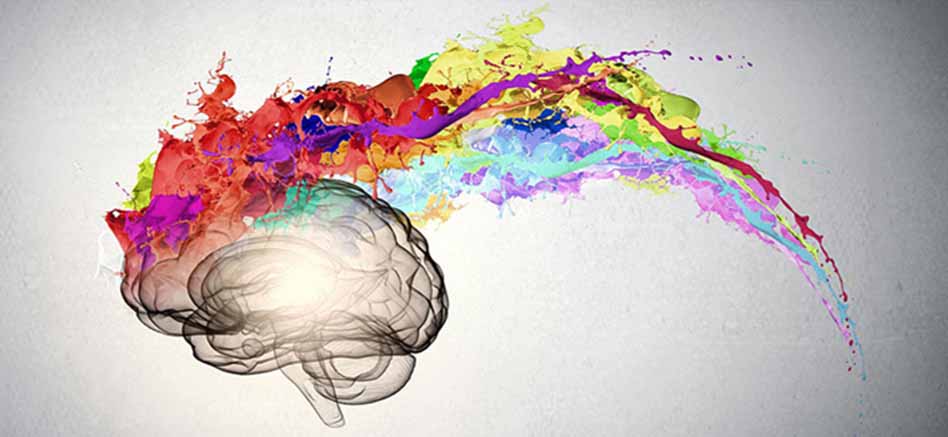
The Beginning of Psychology
Although psychology is still a young science, people have been interested in psychological issues since ancient times. According to recorded history, philosophers were the first to be interested in psychological phenomena.
Like many other sciences, psychology is a science built on the subject of philosophy. There were two major phenomena that philosophers of the past focused on. It is about man and the world. Who is every philosopher and man? What are his strengths and weaknesses? How does he think decision-making works? What are the desires, hopes and motivating forces that drive him forward? What is the memory of the intellect? How can intelligence be maximized? What is the mind? How can it be improved? Etc. were presented on them in different ways from different perspectives.
Gautama Buddha was one of the foremost philosophers who gave a very deep and subtle analysis of the functioning of the human mind and how it can be manipulated. He has given a clear explanation of how human thoughts work through pure teeth. He has explained how thoughts change from moment to moment, how one thought after another is connected like a link in a chain, and how generations of minds are formed in relation to each thought, even the most subtle emotional processes that cannot be clearly grasped by the latest sophistication. Buddhist psychology was an Aryan research based on man.
It is not more than a century since psychology began to develop as a science using modern scientific methods. The research methodology developed during this century has not yet been able to capture the subtle analysis that comes from the teachings of Buddhist psychology. The psychoanalytic methods put forward by Sigmund Freud were able to go to some extent, thereby exposing the world to some extent to the accuracy of Buddhist teachings. The scope of modern psychology extends only from the moment an organism is conceived to the moment it dies. But Buddhist psychology extends to a wide range, including the life of the living being before conception and the life after death. Modern science or psychology has not yet advanced enough to find facts about life before birth and after death. Because of this, psychology is not yet strong enough to discuss the deeper concepts mentioned in Buddhist psychology. The scope is not so broad. But for more than two decades now, psychologists have been trying to find research on cognition, divination, cognitive wisdom, mood, as well as cognitive and worldly experiences, cognition and reincarnation. The recently evolving field of psychology, called parapsychology, seeks to conduct research in that in-depth field using modern scientific methods.
History of Western Philosophy It dates back to the 5th century. The philosophical inquiries of Greek philosophers also put forward philosophical views on the functioning of the human mind. Notably, Socrates, Plato, and Aristotle are prominent. Aristotle has a special discussion of the mind in his book De Anima.
St. Ausgustin (354 – 430 AD) is credited with pioneering modern psychology after the Greeks. His interest in introspection and his focus on psychological phenomena, including infant and childhood behaviors, are noteworthy.
Rene Descartes (1586-1650 AD), known as the father of the history of Western philosophy, introduced animals as well as machines that could be studied. He also introduced the concept of metaphysics, an important concept in psychology. Philosophers such as Leibniz, Hobbes, Locke, Kant, and Hume, who lived in the 18th and 19th centuries, were also interested in psychological concepts.
The Origin of Contemporary Psychology
Has gradually evolved into the current definition accepted by psychology. The history, definition, and scope of psychology have been intertwined and developed. The origins of modern psychology have to do with physics. The sensations and responses caused by the physical environment were explored at an early stage.
How do stimuli feel in the outside world? How to feel? Was initially explored. Thus the study of how phenomena related to physics relate to man laid the foundation for the current development of psychology.
Weber (Weber E.H. 1795 – 1878) was the man who tried to measure empathy qualitatively. He measured how much change in external stimuli needed to make a difference in the way we perceive Just Noticeable Difference (J.N.D.). These experiments were carried out by Fechner G. His study of the senses of the outside world was called Psycho-Physics. His book “Principles of Psychophysiology” was followed by the beginning of psychology in relation to physics.
In the 19th century, there were two major theories about the mind. Faculty Psychology is one of them. The mind according to this theory